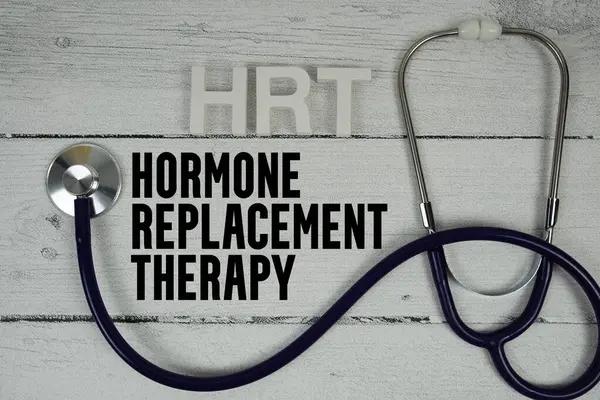Testosterone Replacement Therapy (TRT) has gained attention as a treatment option for men experiencing symptoms related to low testosterone levels. Understanding whether TRT is right for you involves considering several factors, including your health status, symptoms, and the potential benefits and risks associated with the therapy. Testosterone naturally declines with age, but some men experience more significant drops that affect their quality of life. Common signs of low testosterone include fatigue, reduced muscle mass, decreased libido, mood changes, and difficulty concentrating. If these symptoms resonate with you, it might be worth exploring further.
Before starting TRT, it’s essential to undergo thorough medical evaluation by a healthcare professional experienced in hormone therapy. This typically includes blood tests to measure testosterone clinic levels at different times of the day since hormone levels fluctuate naturally. A single test may not provide an accurate picture. Your doctor will also review your medical history and perform a physical examination to rule out other causes of your symptoms or any conditions that could make TRT unsafe.
Local clinics offering TRT often provide personalized assessments tailored to individual needs. They can help determine if your testosterone deficiency is genuine or if other factors contribute to how you feel. It’s important to remember that not everyone with low testosterone will benefit from replacement therapy; some cases require lifestyle changes or treatment for underlying health issues instead.
If diagnosed with clinically low testosterone and no contraindications are found, TRT can offer several advantages such as improved energy levels, enhanced mood stability, increased muscle strength, better sexual function, and overall improved well-being. However, like any medical intervention, it carries potential risks including sleep apnea worsening, acne flare-ups, fluid retention, or increased red blood cell count which requires monitoring.
Discussing expectations openly with your healthcare provider ensures realistic goals are set before beginning treatment. Regular follow-up appointments allow adjustments in dosage and ongoing monitoring for side effects or complications.
In summary, deciding if Testosterone Replacement Therapy is appropriate depends on careful diagnosis supported by professional guidance within your local healthcare setting. Men experiencing persistent symptoms linked to low hormone levels should seek expert advice rather than self-diagnosing or pursuing unregulated treatments online or elsewhere. With proper evaluation and supervision from qualified clinicians nearby who understand regional health considerations and resources available locally can maximize safety while enhancing quality of life through tailored hormonal support where indicated.
Limitless TRT & Aesthetics
3483 Mercy Rd #104, Gilbert, Arizona, 85297
480-400-0105




